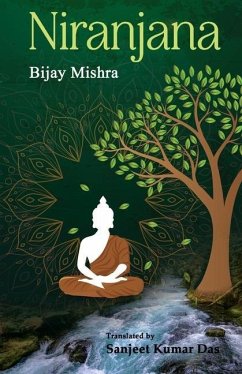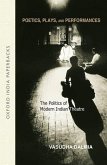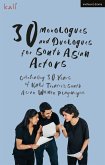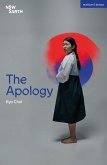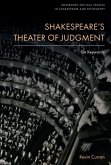"After Independence a good number of regional works have been well recognized globally for their prominence in a wider variety of themes. Subsequently the classics of different languages get translated into other languages within India and abroad. The readers' inclination is gradually brightened for the regional culture and literature. They have inadvertently withdrawn themselves from mainstream literature in English. The writers become aware of the readers' choice that they have to project their literary constructs in the best possible manner for wider readership at the international arena. Here is an attempt by the author to translate the repertoire of thoughts as prescribed in the Original Odia text Tata Niranjana of Bijay Mishra. The faithfulness principle of translation is carried forward semantically throughout the text. The structural deviations are natural and perceived between Odia and English by the translator, when the two texts are generally compared and contrasted. The language used in English translation is very lucid and simple and easy to understand. The foreign elements like Sangha, Bhikkus, Bodhi Tree, Buddha, Nirvan, etc are retained. These unique concepts of Buddhism have not lost their cultural ethos in the translated version. The questioning spirit of modernism is wreathed in three female characters Ichhamati, Sujata and Gopa step by step and realistically justified, based upon different situational needs. The characters chosen from contemporary life are Icchamati, Neelalohit and Minister, and the historical characters represented symbolically are Goutam, Anand, Sariputta, Sujata, Gopa and Rahul. The mystic experience of 'getting liberated' has completely vanished from modern man's psyche. Modern man's mind is filled with doubts, disbeliefs and skepticisms instead. He runs after carnal desires, faces problems, and searches for Buddha to answer his questions at last. An individual can't be above the Sangha or Institute. Sangha is governed by a set of rules. To lead a disciplined life, everyone has to obey the commands as decreed by the Sangha. The play ends with the principal message that there is no end of desire. Even to get salvation or liberation is also a desire. So, one has to search for the beauty of life in the sorrow itself. If one is agitated and moves in nature, his or her anxiety, to some extent will disappear. Through meditation mind can be trained and disciplined. Two sides of life-philosophy are enunciated: one for liberation (spiritual life); the other for social life. In the play, Neelalohit wavers and wanders between the two. The modern theme is blended with historical elements, though used metaphorically."--From Amazon.com
Bitte wählen Sie Ihr Anliegen aus.
Rechnungen
Retourenschein anfordern
Bestellstatus
Storno

